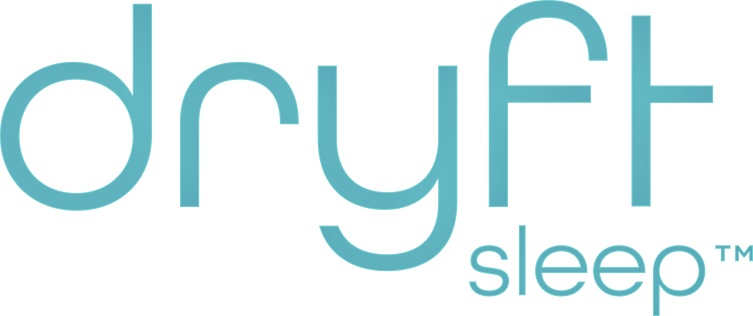Biohacking Your Way to Deep Sleep: Cutting-Edge Strategies for Optimal Rest

Have you heard the term "biohacking" buzzing around the health and wellness world and wondered what on earth it was all about? You're not alone. Biohacking may sound like something out of a science fiction movie, but it's a real and growing movement.
Biohacking, in its simplest form, is a do-it-yourself approach to optimizing your body and brain function. It's all about tweaking your lifestyle in subtle but meaningful ways to elevate your overall wellbeing. This can involve anything from tweaking your diet to introducing a new fitness routine, or even changing the way you sleep. Let's see how biohacking can help us achieve better, deeper sleep.
The Importance of Deep Sleep
Sleep, especially deep sleep, plays an integral role in our overall health and wellbeing. When we slip into a state of deep sleep, magic happens in our bodies. But before we go into that, let's get to the basics.
Understanding Deep Sleep
What is deep sleep? And why is it so crucial? Deep sleep is one of the stages that make up our sleep cycle. It's also known as slow-wave sleep, named for the slow brain waves that occur during this phase. When you're in deep sleep, your body is at its most relaxed, and your brain waves are at their lowest frequency.
Now, this may make deep sleep sound like a time of inactivity, but nothing could be further from the truth. Deep sleep is the phase when your body gets to work repairing and regrowing tissues, building bone and muscle, and strengthening your immune system.
Why Deep Sleep Matters?
Have you ever pulled an all-nighter, only to feel like a zombie the next day? That's your body missing out on deep sleep. Deep sleep is the most rejuvenating stage of sleep. It's essential for many vital processes like memory consolidation, cognitive function, and physical recovery.
If you're not getting enough deep sleep, your body isn't getting the downtime it needs to repair and rejuvenate. This can lead to a host of issues like constant fatigue, a weakened immune system, reduced cognitive function, and even mood disorders.
Biohacking Strategies for Optimal Rest
So, how do we use biohacking to achieve better, deeper sleep? Let's look at several strategies you can implement to biohack your way to a good night's sleep.
Controlling Your Environment
Stated in The Benefits of Good Sleep that your sleep environment plays a critical role in how well you sleep. Think about it - have you ever tried sleeping in a noisy, brightly lit room? Not the most conducive to sleep, right?
Biohackers understand this and take steps to create the perfect sleep environment. This includes controlling aspects like room temperature, lighting, and noise levels. Ideal sleep conditions usually mean a quiet, dark room with a cool temperature. Some even go as far as to recommend a temperature range between 18-22°C (65-72°F). So consider investing in some blackout curtains, earplugs, or a fan to help create your ideal sleep environment.
Nutrition and Supplementation
Believe it or not, what you eat can have a significant impact on how well you sleep. Certain foods contain nutrients that can help promote sleep.
For example, foods rich in tryptophan, magnesium, and calcium can encourage the production of melatonin, a hormone that regulates sleep. So consider incorporating foods like almonds, cheese, turkey, and spinach into your diet.
In addition to food, certain supplements can also help you achieve deep sleep. For instance, the Dryft Sleep Strips are a natural sleep aid that dissolves on your tongue and helps you fall asleep faster, stay asleep longer, and wake up refreshed. They contain melatonin, along with herbs like chamomile and passionflower, known to aid sleep.
Use of Technology
In this digital age, there's a gadget or app for everything, and sleep is no exception. Various sleep tech devices can help you understand your sleep patterns and create a more conducive sleep environment.
For example, sleep trackers can monitor your sleep cycles, giving you insights into how much deep sleep you're getting. They can also detect sleep disruptions, helping you identify potential issues that may be affecting your sleep quality.
White noise machines or apps can also be a game-changer. These devices produce a soothing, consistent sound that can drown out background noise and help you relax, making it easier to drift off to sleep.
Physical Exercise and Meditation
Exercise and meditation can also be powerful biohacks for better sleep. Stated in the article about How Light Affect Your Sleep regular physical activity, particularly aerobic exercise, can help regulate your sleep-wake cycle and improve sleep quality .
On the other hand, according to the article about What Helps Against Sleep Disturbances mindfulness exercises like yoga or meditation can help calm your mind, reducing stress and anxiety that can interfere with sleep. So why not try incorporating some gentle yoga or guided meditation into your pre-bedtime routine and see if it helps?
The Role of Genetics
We're all unique, and so is our sleep. Did you know that genetics play a part in how we sleep? Various genetic factors influence our circadian rhythms, sleep-wake cycles, and even our susceptibility to sleep disorders.
Genomic testing can provide insights into these factors, enabling you to make more informed decisions about your sleep habits and hygiene. It's like getting a personalized roadmap to better sleep.
Safety Considerations in Biohacking
Biohacking offers numerous benefits, but it's also essential to be aware of the potential risks.
Be Aware of Potential Risks
Not all biohacks are created equal, and what works for one person might not work for another. Some biohacks may even have side effects or pose health risks. Therefore, it's crucial to do your research and approach biohacking with a healthy dose of skepticism.
Consult a Professional
Always consult with a healthcare professional before trying new supplements or making drastic changes to your diet or lifestyle. They can provide personalized advice based on your unique physiological needs and medical history, ensuring that your biohacking journey is safe and effective.
Embracing the Future of Biohacked Sleep
The world of biohacking is exciting and full of possibilities, particularly when it comes to optimizing sleep.
The Transformational Impact of Biohacking
Imagine a world where you could fine-tune your body to get the perfect night's sleep, every night. A world where you wake up every morning feeling refreshed, rejuvenated, and ready to take on the day. That's the promise of biohacking.
By harnessing the power of technology, nutrition, and mindful habits, we can take control of our sleep and transform our sleep experiences for the better. It's about time we started giving sleep the attention it deserves.
TL;DR
Achieving deep, restorative sleep is a cornerstone of optimal health and wellbeing. And with biohacking, we can take an active role in managing our sleep patterns and improving our sleep quality. It's not just about sleeping more; it's about sleeping smarter. It's time to embrace the future of sleep - a future shaped by biohacking.
FAQs
- What is biohacking?
- Biohacking refers to the practice of changing your lifestyle in ways that improve your body's natural biology.
- How can I biohack my sleep?
- You can biohack your sleep by optimizing your sleep environment, eating sleep-promoting foods, using sleep technology, exercising, meditating, understanding your genetics, and taking sleep supplements like the Dryft Sleep Strips.
- What's the ideal environment for deep sleep?
- The perfect sleep environment is dark, quiet, and cool, with a temperature around 18-22°C (65-72°F).
- Can supplements help in achieving deep sleep?
- Yes, certain supplements, like melatonin, valerian root, and chamomile, can aid in achieving deep sleep. The Dryft Sleep Strips are a good example of a supplement designed to enhance sleep.
- Are there any risks involved in biohacking?
- While biohacking can be beneficial, it's essential to be aware of potential risks and always consult a healthcare professional before making any significant lifestyle changes.










